A Comprehensive Guide to The Benefit of Playing Travel Basketball
Travel Basketball
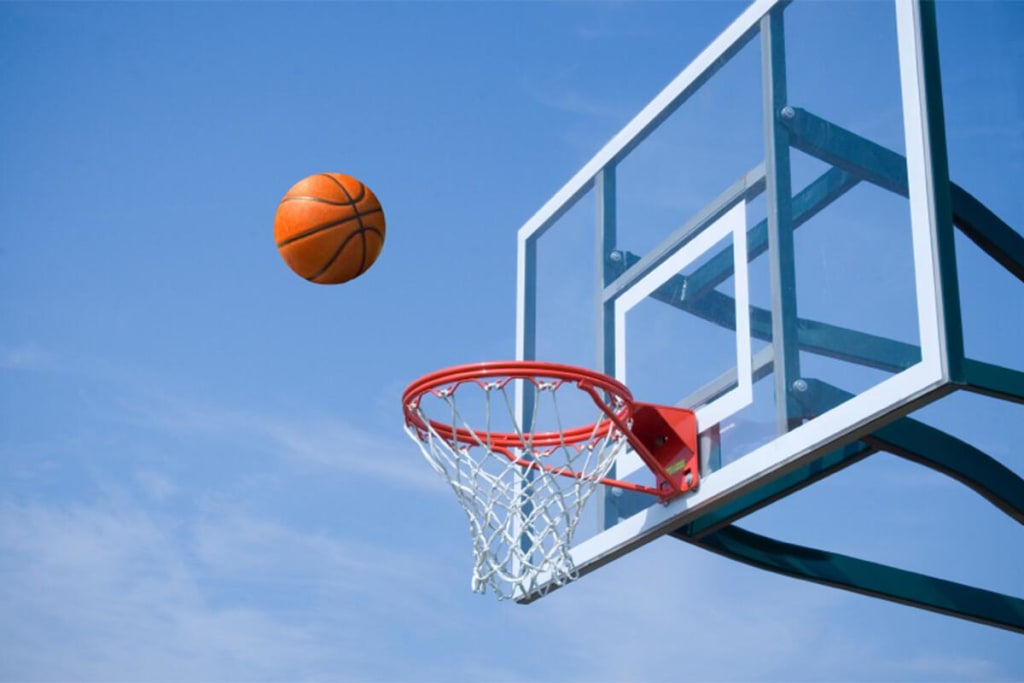
What is Travel in Basketball?
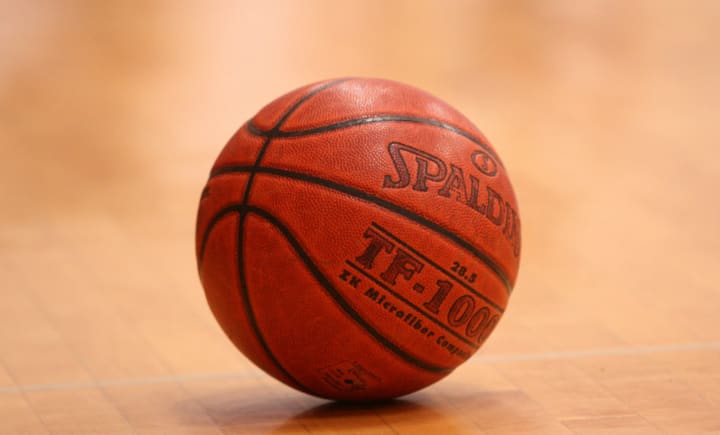
When an offensive player with the ball takes an extra stride or engages in another illegal movement with their established pivot foot, they incur the travel penalty in the game of Travel basketball. The opponent's basketball team gains possession of the ball by passing it in from the sideline after the penalty causes a turnover.
How Many Steps is a Travel Violation?
A travel foul often happens when a player advances more than two steps without dribbling the ball. As long as the player keeps dribbling, they can move on their own. Either the left or right foot could take over as the pivot foot if the player comes to a complete halt. Normally, only the first foot to leave the ground is free to move, with the other foot remaining firmly planted.
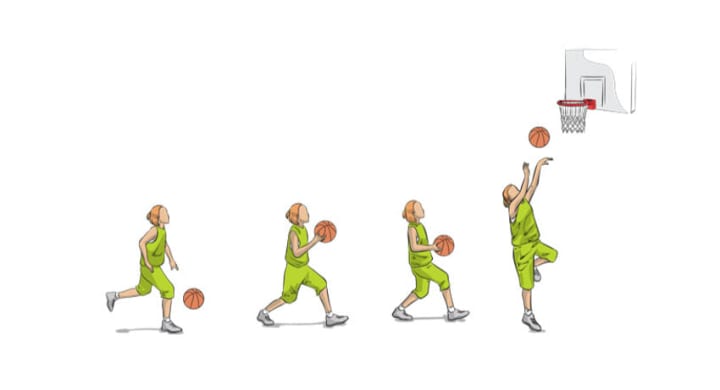
On offensive plays, though, basketball players might take three steps without dribbling. Due to their forward momentum, a player, for instance, might need to take three steps to dunk after receiving a pass from a teammate. Although technically a travel violation, the decision ultimately rests with the referee based on the circumstances of the game.
What is the Penalty for a Traveling Infraction
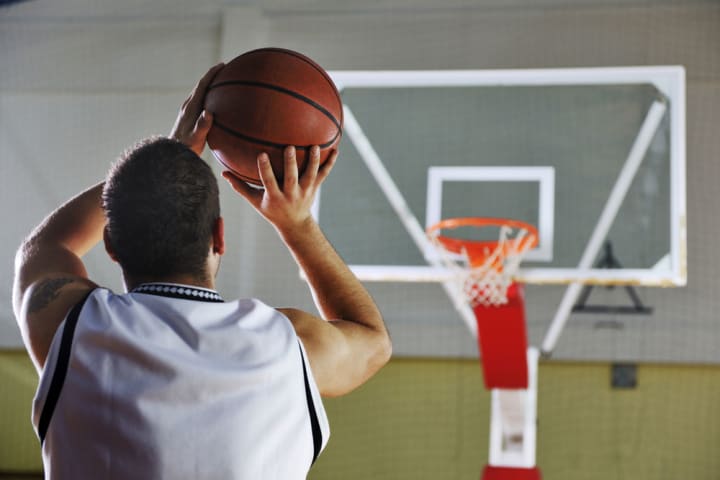
In contrast to the NBA, the NFHS and NCAA have differing travel restrictions. Travelling results in a dead-ball foul in lower divisions. The basketball team on the other side then inbounds the ball from the out-of-bounds nearest to the location of the travelling foul.
In the NBA, the opposing team receives possession of the ball when an attacking player commits a travelling foul. There are restrictions on where the team can receive the ball, though. A team can receive the ball no closer to the baseline than the free-throw line, according to NBA regulations.
4 Examples of Traveling in Basketball
When a basketball player takes an unsportsmanlike step while holding the ball, they are penalised for travelling. Here are a few scenarios in which the rules of travel may be relevant.
1. Air ball scenarios: At the professional level, it is still possible for a National Basketball Association player to completely miss the basket, a situation known as an "air ball."
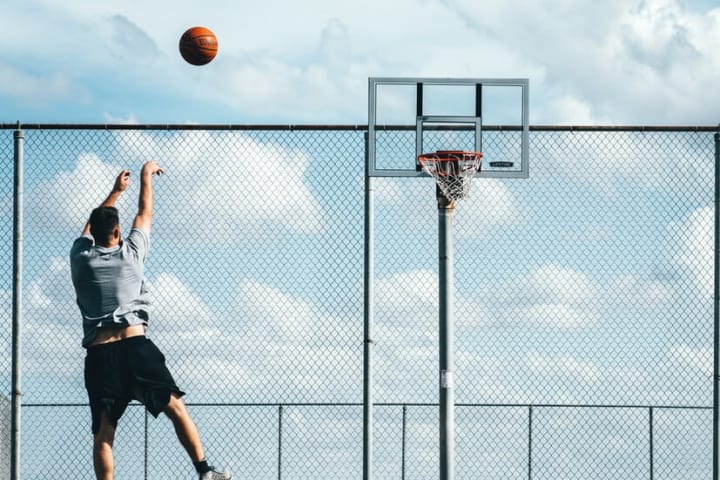
According to NBA regulations, a player who makes a shot is not permitted to be the first to touch the ball if it misses the basket, the backboard, or another player. Air balls are not specifically prohibited by the National Federation of State High School Associations (NFHS), which oversees high school basketball competitions. Instead, referees make the ultimate call.
2. Illegal movement of the pivot foot: Once the ball handler starts to dribble, they must remain still. They are no longer able to move horizontally, but they still have the option of pivoting on a fixed pivot foot. The right foot, for instance, cannot deviate from the predetermined pivot foot position if the player elevates their left foot. A player will be called for travelling, or a penalty, if the pivot foot moves or drags.
3. Returning to the ground without shooting or passing: The National Collegiate Athletic Association's (NCAA) rulebook states that if a player hops while holding the ball, the ball must be released before the player touches the ground again. If they don't get go of the ball before landing, they'll get an "up and down" travelling infraction.
4. Rolling or standing up with the ball:
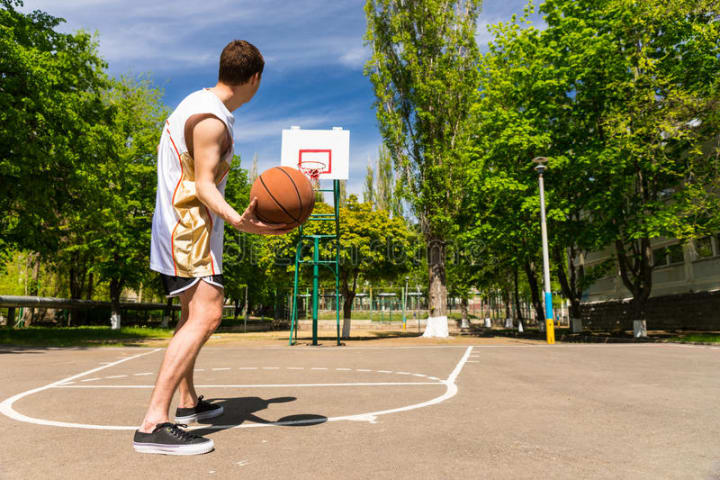
In lower-level basketball leagues, when loose ball circumstances occur more frequently, this example is typical. A live ball is in play when neither team is in control of it. Without first passing the ball to a teammate or calling a timeout, a player who dives for the live ball and gets possession on the ground is not permitted to roll or make an attempt to stand up.
Conclusion:
An illegal foot movement while holding the ball results in a travel call in basketball. On how frequently this call occurs during an NBA game, there is some disagreement. Despite this, spectators and athletes alike need to comprehend the idea of a travel call to know when it occurs and, more crucially, when it is and is not issued against a player.






Comments
There are no comments for this story
Be the first to respond and start the conversation.